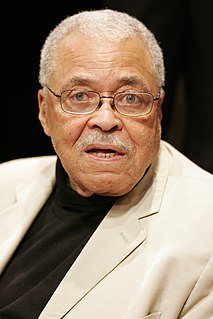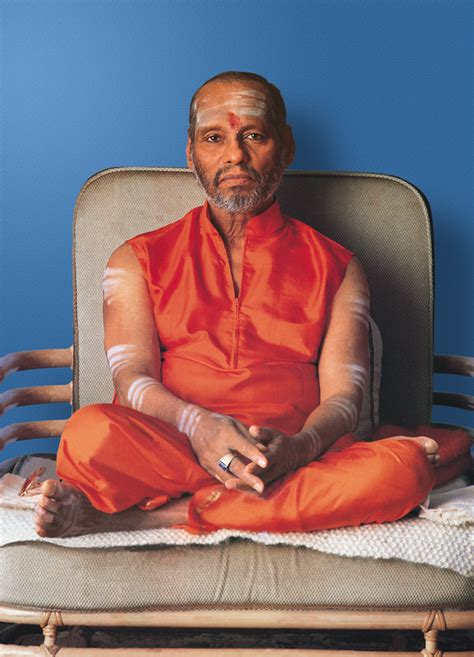A Quote by Samuel Taylor Coleridge
The whole faculties of man must be exerted in order to call forth noble energies; and he who is not earnestly sincere lives in but half his being, self-mutilated, self-paralyzed.
Related Quotes
A musician must make music, an artist must paint, an poet must write, if he is to be ultimately at peace with himself. What a man can be, he must be. This weed we call self-actualization….It refers to man’s desire for self-fulfillment, namely to the tendency for him to become actually in what he is potentially: to become everything one is capable of becoming.
place where man laughs, sings, picks flowers, chases butterflies and pets birds, makes love with maidens, and plays with children. Here he spontaneously reveals his nature, the base as well as the noble. Here also he buries his sorrows and difficulties and cherishes his ideals and hopes. It is in the garden that men discover themselves. Indeed one discovers not only his real self but also his ideal self?he returns to his youth. Inevitably the garden is made the scene of man's merriment, escapades, romantic abandonment, spiritual awakening or the perfection of his finer self.
It is man's intrinsic and irreducible self-responsibility to humanize himself, to exercise his entire range of rational and moral resources to raise his mode of being and seeing and acting above not just that of animals, but also above that of the majority of subhuman (never to be self-realized) humans who will never draw themselves into a self-punishing position of focal self-diagnosis and self-accountability.
It is a base thing for a man to wax old in careless self-neglect before he has lifted up his eyes and seen what manner of man he was made to be, in the full perfection of bodily strength and beauty. But these glories are withheld from him who is guilty of self-neglect, for they are not wont to blaze forth unbidden.
Self-observation brings man to the realization of the necessity of self-change. And in observing himself a man notices that self-observation itself brings about certain changes in his inner processes. He begins to understand that self-observation is an instrument of self-change, a means of awakening.







































